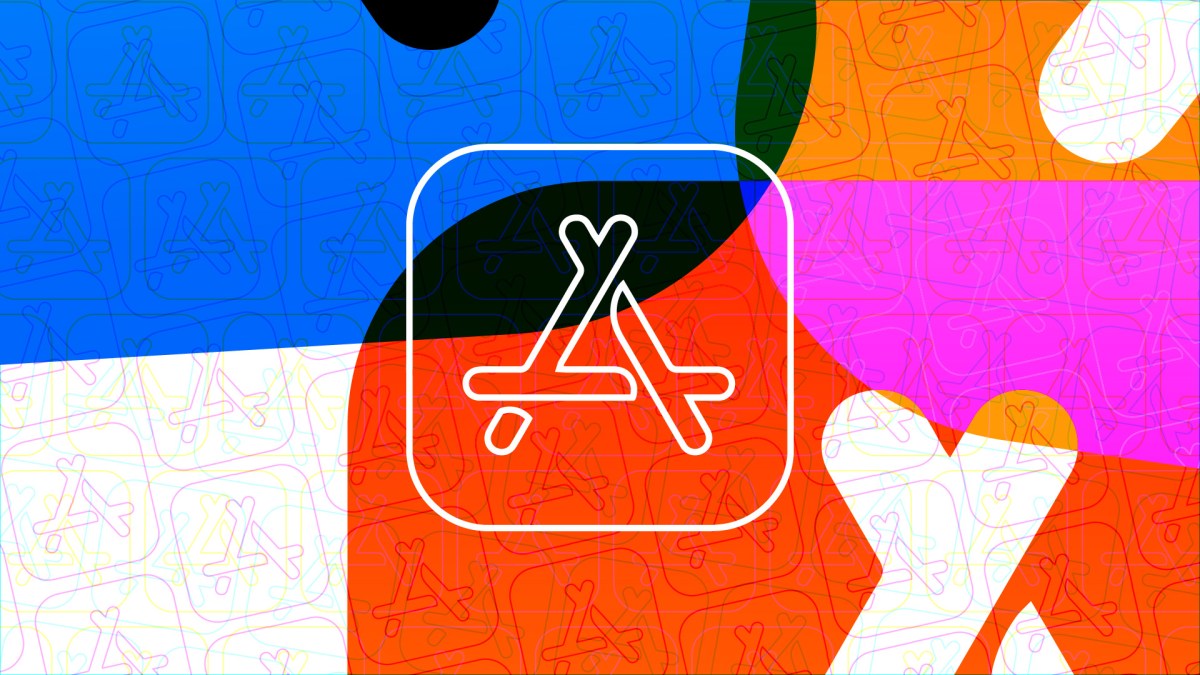Apple Revises EU App Store Fees Amid Regulatory Pressure

BRUSSELS – In a strategic move to align with the European Union’s Digital Markets Act (DMA), Apple announced significant updates to its developer policies on Thursday, just ahead of the June 26 deadline. The tech giant faced potential fines for noncompliance, and these changes aim to mitigate further regulatory action.
Immediate Impact
The updates focus on how app developers communicate with their customers and the fees Apple imposes. The EU had previously fined Apple €500 million for failing to comply with the DMA, prompting these new measures.
Key Details Emerge
Apple’s revised “anti-steering” rules now allow EU app developers to link to alternative payment methods for subscriptions and in-app purchases outside the App Store. Developers can share these links across various channels, including websites and alternative app marketplaces, without the need for Apple’s previously required warning screens.
Additionally, Apple has introduced a more complex fee structure instead of eliminating its Core Technology Fee (CTF). This includes an initial acquisition fee of 2% and a store services fee, which varies between 13% and 5% depending on the developer’s tier.
Tier 1 developers receive limited services, while Tier 2 offers marketing tools, automatic updates, and more.
Industry Response
Epic Games CEO Tim Sweeney, who has been a vocal critic of Apple’s policies, expressed his discontent on social media, labeling the changes as “malicious compliance” and criticizing their impact on fair competition.
“Apple’s new Digital Markets Act malicious compliance scheme is blatantly unlawful in both Europe and the United States and makes a mockery of fair competition in digital markets,” Sweeney stated.
By the Numbers
- €500 million: Previous fine imposed on Apple by EU regulators
- 2%: Initial acquisition fee under the new structure
- 5% or 13%: Store services fee based on tier
What Comes Next
For developers on standard EU terms, the Core Technology Commission (CTC) will replace the CTF by January 1, 2026, with a 5% commission applied. Developers currently paying the old CTF will transition to these new rules by the deadline.
Apple stated, “The CTC reflects the value Apple provides developers through ongoing investments in the tools, technologies, and services that enable them to build and share innovative apps with users.”
Background Context
The announcement comes as regulatory scrutiny intensifies globally, with tech giants facing increasing pressure to adapt their business practices. The DMA aims to ensure fair competition in digital markets and prevent monopolistic behavior.
Expert Analysis
According to industry analysts, Apple’s compliance with the DMA represents a significant shift from its traditional business model, potentially setting a precedent for other regions to follow suit.
The timing is particularly significant because it aligns with broader regulatory efforts to curb the influence of major tech companies worldwide.
As the situation evolves, developers and industry stakeholders will be closely monitoring the implications of these changes on the competitive landscape.





